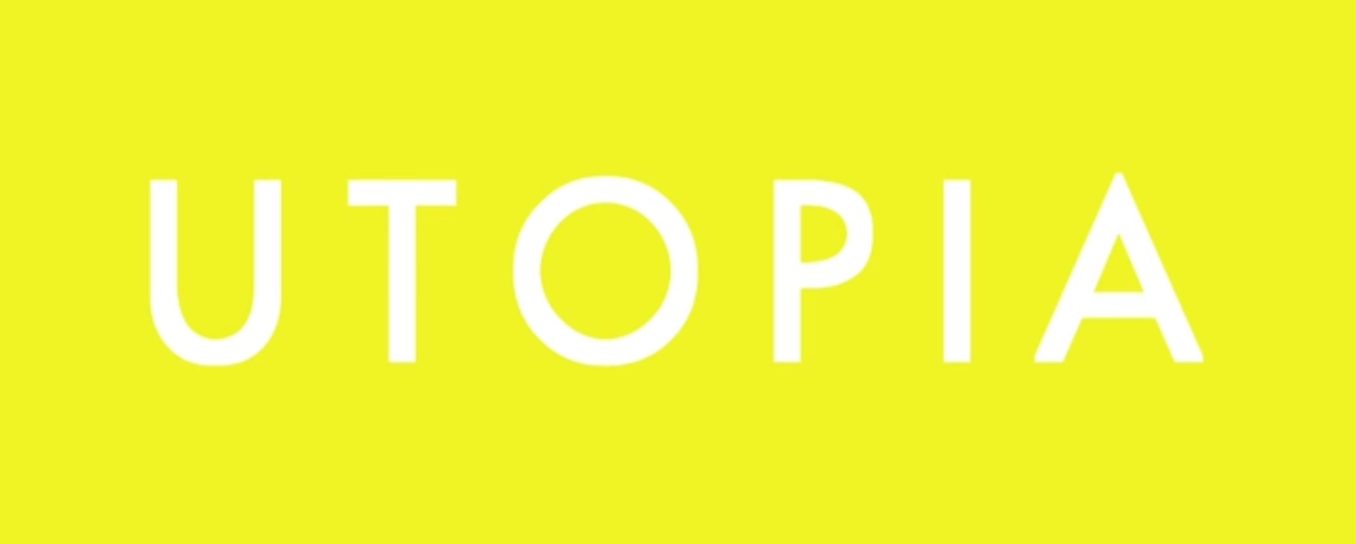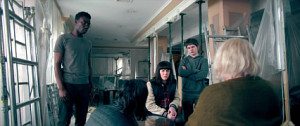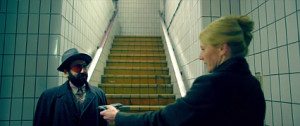Utopia Series Two Blog: Episode Four
It takes much to shock a modern viewer of television and film these days. Many of us have grown up gratuitously viewing gory content when we were far younger than ‘15’, and yet it is not always the violence in itself that can inspire fresh horror; it is often the manner in which it is inflicted. We hear of tragedies such as gunmen wreaking havoc on their local communities in brief lightning-strikes of brutality, and yet hearing about such things and seeing footage of the aftermath does not quite evoke the same fear. But this cannot be said of the opening sequence of episode 4 of Utopia as a husband and father of three young children guns down his entire family before committing suicide following a phone call directing him to retrieve a mysterious frozen canister from the depths of one of America’s many vast forests. The horror of the unnamed man’s children screaming as they realize what is happening is a chilling moment, and reminds us as an audience that the Network know nothing of mercy.
They are the ruthless orchestrators of a merciless world, yet our gang battles on for answers. With the revelation that the deranged geriatric Anton may in fact be Philip Carvel, Grant, Becky and Ian attempt to communicate with the elderly scientist. Yet, despite his emotional outburst in English to Grant, following a news reel of a cat dressed as a shark (cats are magical creatures like that), Anton continues to mutter and mumble in an unidentified Eastern European language. However, our understanding of Anton’s identity is complicated by the realisation that he is a Holocaust survivor, and, with the power of Google translate, Becky savvily manages to decipher that Anton is Romanian. A Romanian Romani, as it turns out.
As the episode probes deeper into Anton’s character, we are faced with the moral dilemma of saving a species via the means of an artificial near-extinction event. Anton embodies, as McDiarmid brilliantly portrays, the duality of idealism; he is a victim transformed into a villain. He, like Milner, believes in the lesser of two evils that Janus should represent – a way by which the human species can survive as a whole without mass starvation and war over resources occurring due to over-population.
Yet this idealistic wish to create a ‘utopia’ is undermined by that most human of flaws; the obsessive need for perfection.
As Anton was the victim of twisted pseudo racial science, and ethnic cleansing, he has become the perpetrator of such perverted ideology as we discover the seed of his madness and the alteration made to Janus. Janus will only save one race from the deadly Russian flu virus, and Anton chose which one.
This moral dilemma of playing God, shared by Anton and Milner, is further explored in this episode by the true genesis of Wilson’s commitment to the Network. As Milner manipulates and forces Wilson into a corner, our poor, one-eyed conspiracy theorist becomes a pragmatic murderer for the first time, now able to face death up close, and not just as the sum of an equation.
Such a transformation is truly heart-breaking as we see Wilson’s humanity begin to ebb away, and Adeel Akhtar portrays Wilson’s struggle with an uncompromising, raw truth.
Episode four leaves us on another of Utopia’s knife-edge endings as Jessica Hyde, poised to murder Milner in Dugdale’s bathroom (poor Dugdale – he does get everything thrown at him), hesitates as Milner reveals that her father may be alive. Grant and Anton, meanwhile, are abducted by Arby after Grant unwittingly reveals who Anton may be; it is clear that Arby is becoming an autonomous being with his own wishes and desires. We are, once again, left eager for the next episode!



Comments